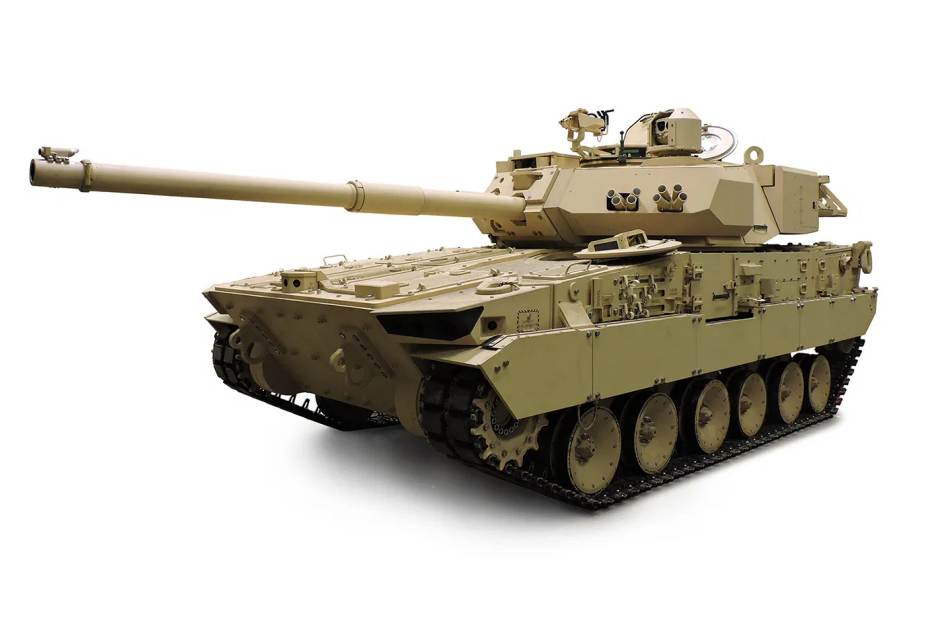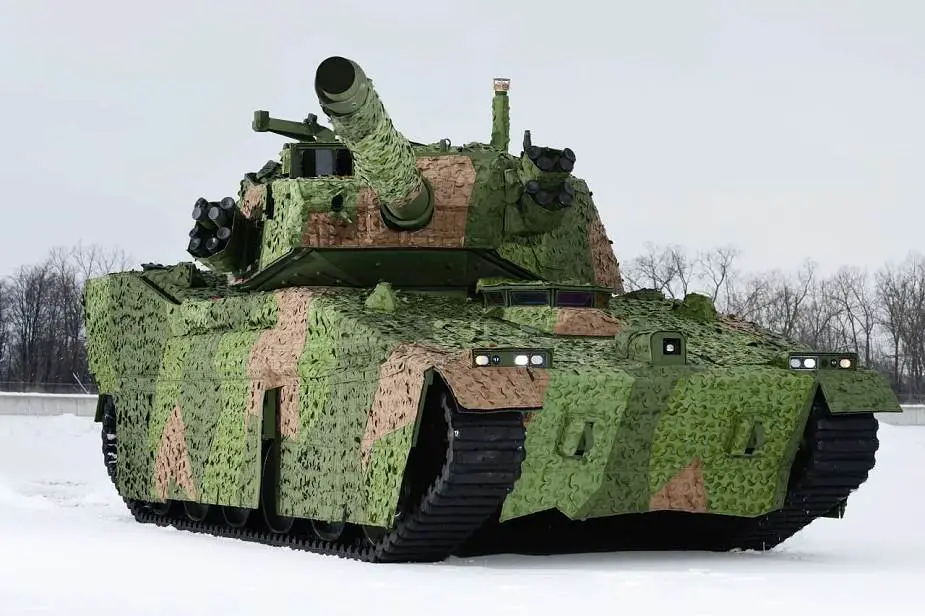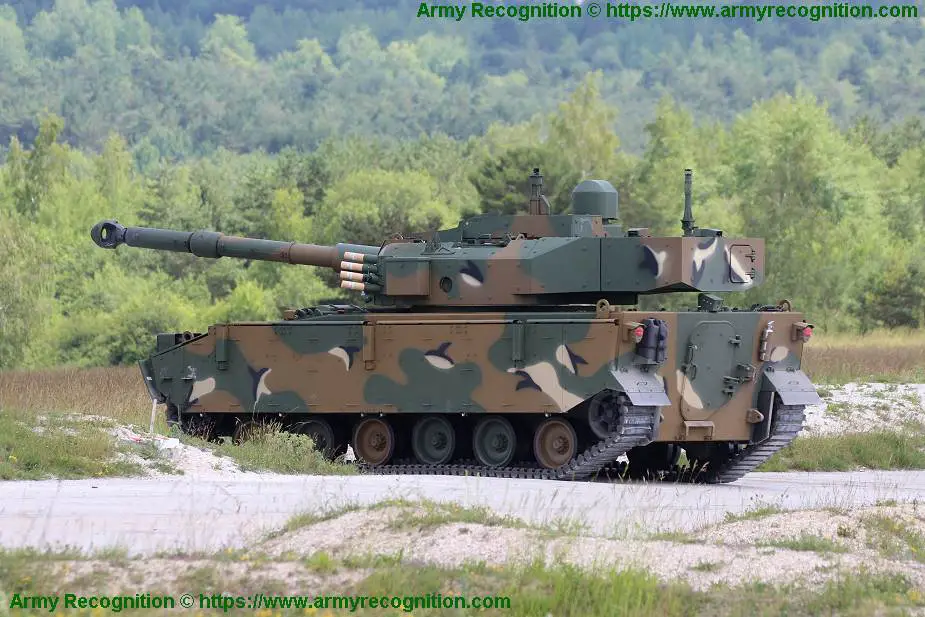Breaking news
Indian army would like to acquire 350 light tanks weighing less than 25 tons.
The Indian army has issued a new RFI (Request For Information) to acquire 350 light tanks weighing less than 25 tons. This request comes after the clash with the Chinese army near the disputed Pangong Lake in Ladakh and the Tibet Autonomous Region, and near the border between Sikkim and the Tibet Autonomous Region.
Follow Army Recognition on Google News at this link

General Dynamics Mobile Protected Firepower MPF Vehicle for US Army (Picture source General Dynamics)
According to the Request For Information (RFI), the Indian army would like to have a light tank featuring a multiple, modular and upgradable weapon system with the capability to destroy and offer countermeasures to varied threats.
The new light tank should also feature multiple weapons for anti-aircraft and ground role with different caliber assisted with remote control weapon station. For ammunition, the tank should employ modern advance multipurpose ‘smart munitions’ with a gun able to fire anti-tank guided missiles. The tank should have an auxiliary power unit, preheated, environment control unit and anti-drone capability, UAV jammers, net-enabled.
Currently, the Indian army operates Russian-made main battle tank T-90S called Bhishma and T-72M1 nicknamed Ajeya. Modern heavy tanks are not designed to be deployed in mountainous regions with narrow roads and crossing points not able to support a combat vehicle with a weight of 50 tons.
China has developed the Type 15 a lightweight tank that has a maximum weight of 36 tons and offers the mobility and the firepower of a standard Main Battle Tank (MBT). In fact, the Type 15 also called VT5 is armed with one 105 mm rifled gun with a thermal sleeve and fume extractor which has a maximum firing range of 3,000 m. The gun is able to fire anti-tank missiles fitted with a tandem HEAT (High Explosive Anti-Tank) warhead able to destroy armored or tanks protected with reactive armor (ERA). The missile has a maximum firing range of 5,000 m.

BAE Systems light tank for MPF program of US Army I(Picture source BAE Systems)
Currently, three companies have developed the concept of light tanks using tracked chassis including BAE Systems, General Dynamics, and Elbit Systems. U.S. Army has launched the MPF (Mobile Protected Firepower) program to have a new light tank for the airborne troops. Two prototypes of light tanks have already delivered to the US military for testing.
General Dynamics has developed a new light tank that weighs less than 30 tons. The light tank can be armed with a 120 or a 105 mm cannon and will have armor similar to a standard MBT. In October 2015 during the AUSA defense exhibition in Washington D.C., BAE Systems has unveiled a new concept of a light tank called Expeditionary Light Tank that could be airdropped from a C-130 aircraft. The company’s solution was based on the purpose-built M8 Armored Gun System, modernized with mature technologies from the CV90 family of infantry fighting vehicles and the Bradley Fighting Vehicle.
Recently, the Philippines has awarded the contract for the Philippine Army's Light Tank and Wheeled Armored Personnel Carrier Acquisition Projects to the Israeli company Elbit Systems. The new light tank for the Philippines is the Sabra which is based on the ASCOD 2 tracked chassis.

South Korean K-21 105 light tank fitted with Belgian turret John Cockerill CT-CV 105HP. (Picture source Army Recognition)
In Europe, the Turkish company FNSS has designed the Kaplan fitted with a two-man turret armed with a standard NATO 105mm rifled gun which can fire both AP (Armor Piercing) and HE (High Explosive) ammunitions. The South Korean company Hanwha has also developed a light tank concept of light based on the K-21 IFV (Infantry Fighting Vehicle) fitted with a two-man turret CT-CV 105HP designed by the Belgian company John Cockerill.





























